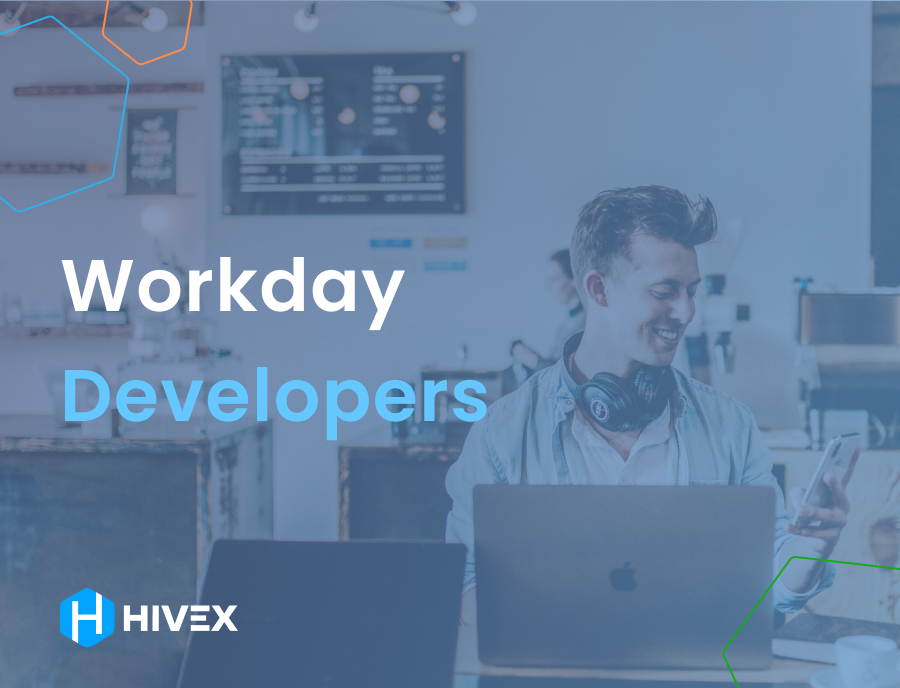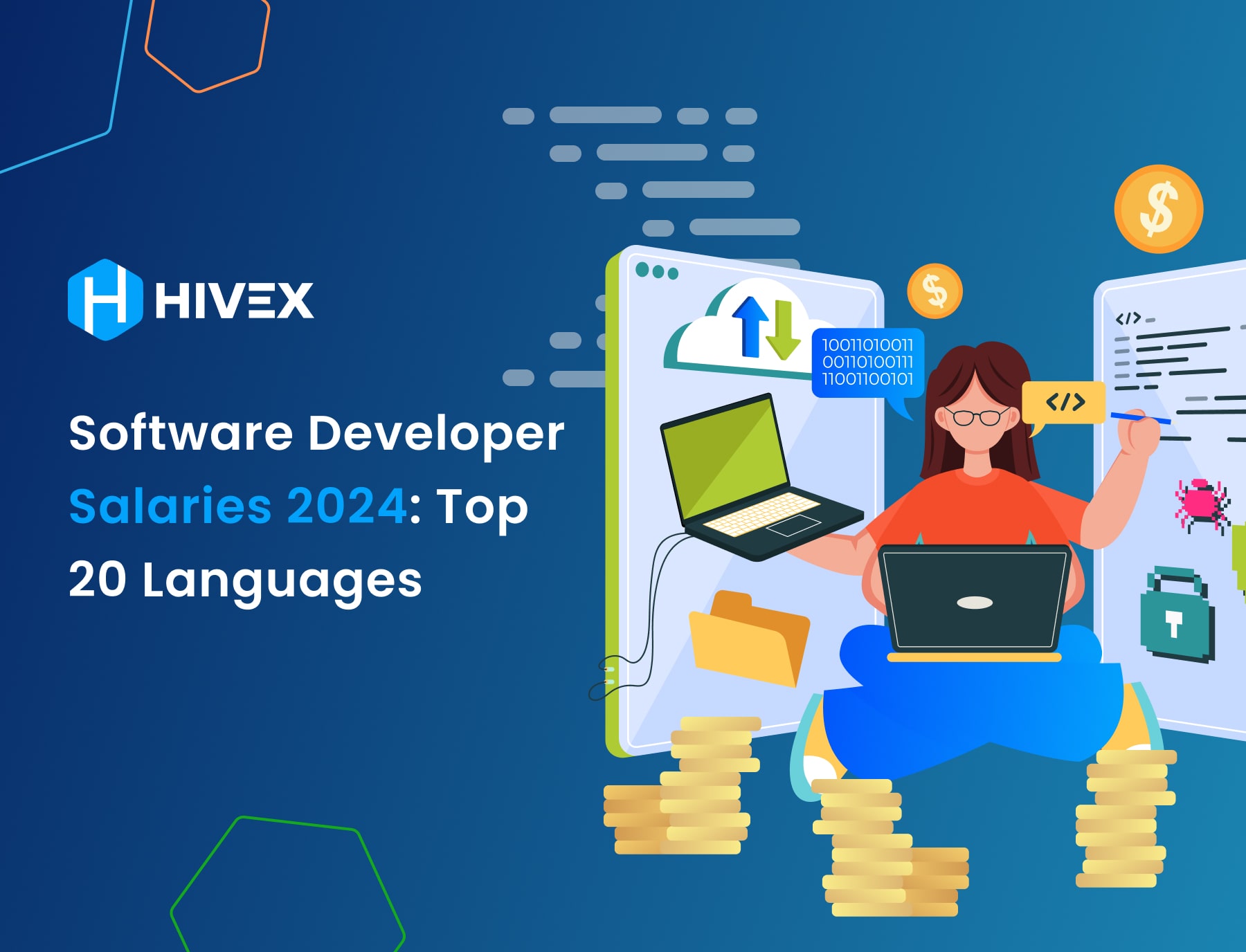DeFi Developers: Who They Are And What They Do
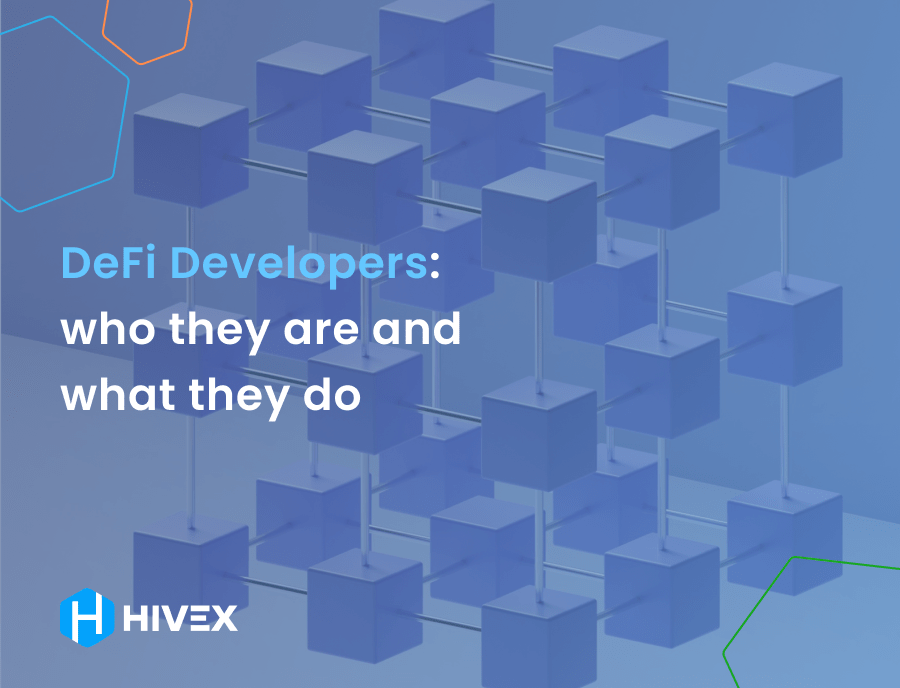
Decentralized Finance (DeFi) has emerged as one of the most disruptive industries in recent years. Its rapid growth and potential have attracted developers from various backgrounds. In this article, we will explore who DeFi developers are, their roles and responsibilities, and the crucial skills needed to excel in this field.
The Concept of DeFi
Before diving into the world of DeFi developers, let us first understand the concept of decentralized finance.
DeFi refers to a decentralized financial system built on blockchain technology, which aims to provide transparent, permissionless, and inclusive financial services to anyone with an internet connection.
By eliminating intermediaries and traditional barriers, DeFi offers users greater control over their finances and opens up new opportunities for financial innovation
DeFi has gained significant attention and popularity in recent years due to its potential to revolutionize the traditional financial system.
One of the key reasons DeFi matters is its ability to provide financial services to unbanked and underbanked populations.
Bank accounts and loans are rarely accessible in many developing countries. With DeFi, individuals can access credit and build financial stability using decentralized lending and borrowing platforms.
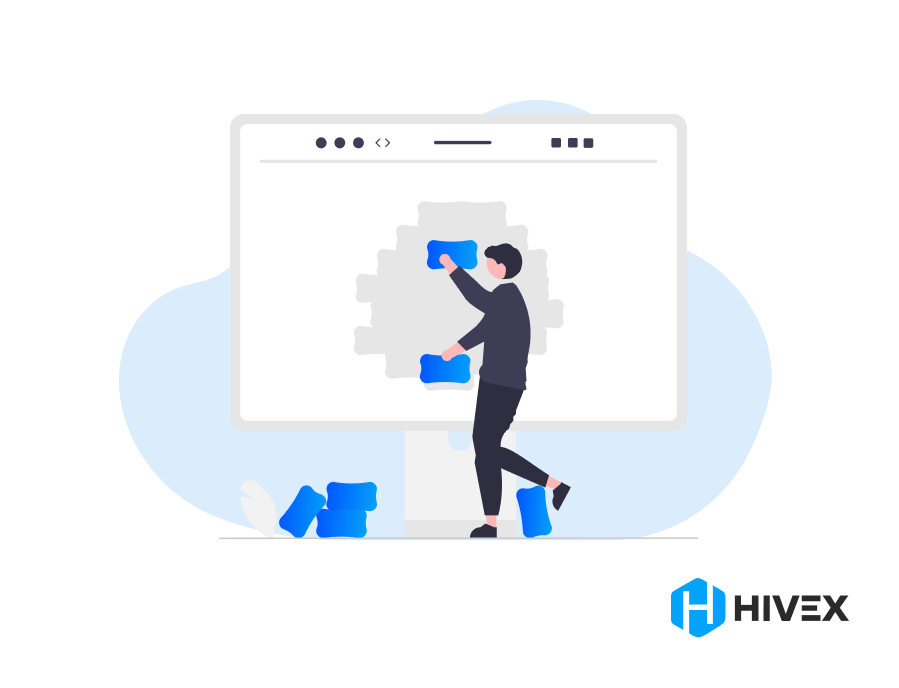
Additionally, DeFi allows anyone with an internet connection to participate in the global financial network.
Financial systems traditionally have strict requirements and limitations, preventing many individuals from using essential services. The decentralized finance ecosystem eliminates these barriers by creating a permissionless ecosystem where everyone can participate.
Classical finance systems are often opaque, making it difficult for individuals to fully understand financial institutions and transactions.
In contrast, decentralized finance operates on blockchain technology, which provides a transparent and immutable record of all financial transactions.
This transparency enhances trust among users, enables greater accountability, and reduces fraud and manipulation risk.
In traditional financial systems, individuals often have to rely on intermediaries, such as banks and payment processors, to manage their funds.
These intermediaries can impose restrictions, fees, and delays on transactions, limiting the control users have over their own money. DeFi eliminates the need for intermediaries, allowing users to directly manage and control their finances, increasing financial autonomy.
The Evolution of Decentralized Finance
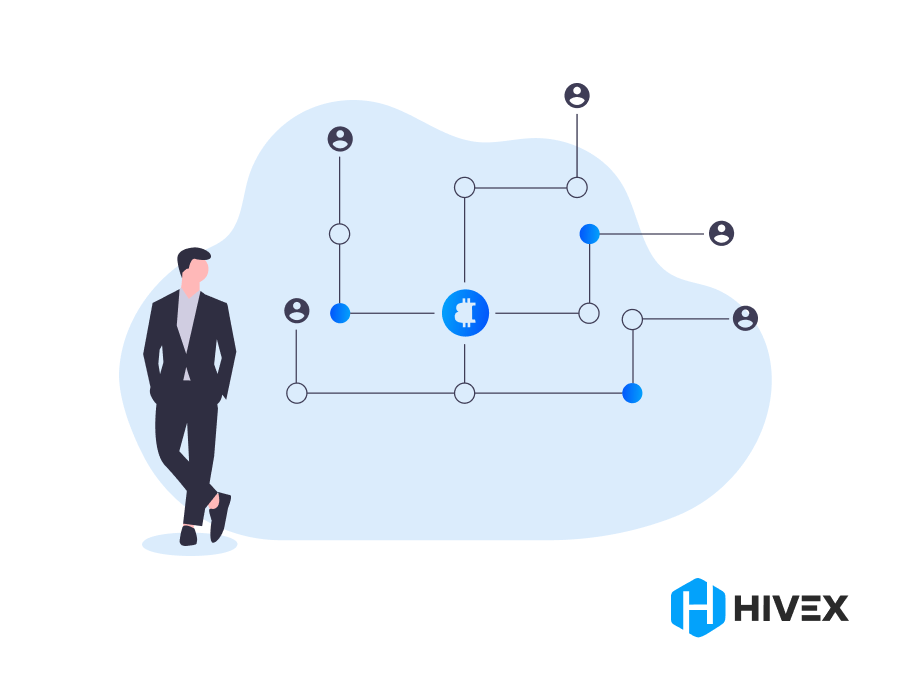
DeFi evolution can be traced back to the creation of Bitcoin, the world’s first cryptocurrency. Bitcoin demonstrated the possibilities of a decentralized currency, sparking other blockchain-based applications. As the popularity of cryptocurrencies grew, so did the demand for decentralized financial services.
Over time, DeFi has evolved beyond cryptocurrency to encompass a wide range of financial services. Today, you can find DeFi platforms that offer lending and borrowing services, decentralized systems for trading various digital assets, insurance protocols to protect against risks, and even platforms that allow users to create and trade synthetic assets.
In countries without traditional banking services, DeFi provides an alternative way to save, borrow, and invest.
DeFi could also democratize access to financial markets, enabling individuals to participate in investment opportunities previously reserved for the wealthy.
Key Principles of DeFi
DeFi is based on several key principles that guide its development. These principles include transparency, interoperability, composability, and open-source collaboration. By adhering to these principles, DeFi engineers aim to create an accessible, inclusive, and censorship-free finance system.
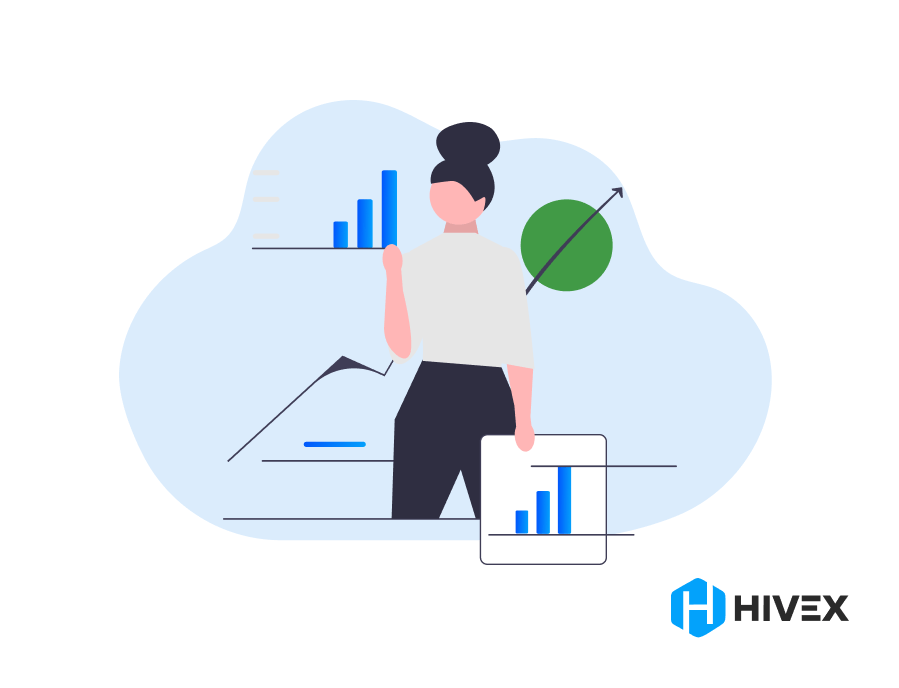
Transparency
Transparency is a fundamental principle of DeFi. All financial transactions and contracts on the DeFi platform are recorded on a public blockchain, making them visible to anyone. This transparency helps to build trust and ensures that the system operates fairly and accountable.
Interoperability
Interoperability is another important DeFi principle. It refers to the ability of different DeFi applications and protocols to work together seamlessly. Interoperability allows users to easily move assets between different platforms and access a wide range of financial services without restrictions.
Composability
Composability is a unique feature of DeFi that allows developers to combine different protocols and create new financial solutions. This modular approach enables innovation and encourages collaboration among developers, leading to the rapid growth and expansion of the decentralized finance ecosystem.
Open-source collaboration
In addition, DeFi’s success is based on open-source collaboration. DeFi projects are mostly made with open-source software, which means anyone can inspect, modify, and contribute to the code. Through open and collaborative approaches, DeFi fosters innovation and ensures community benefits are shared.
Who Are DeFi Developers?
DeFi engineers are the masterminds behind the creation of decentralized applications (DApps) and smart contracts that power the DeFi ecosystem. They are skilled programmers who understand blockchain platforms, decentralized protocols, and emerging financial technology concepts.
These professionals are well-versed in programming languages such as Solidity, which is used to write crypto contracts on the Ethereum blockchain, and have a strong grasp of data structures, algorithms, and software development best practices.
DeFi engineers use cryptographic algorithms and security protocols to protect and maintain transactions and user data. They understand lending, borrowing, trading, and risk management, enabling them to develop applications that resemble traditional financial services without centralized or trustless intermediaries.
Skills and Expertise Required of DeFi Developers
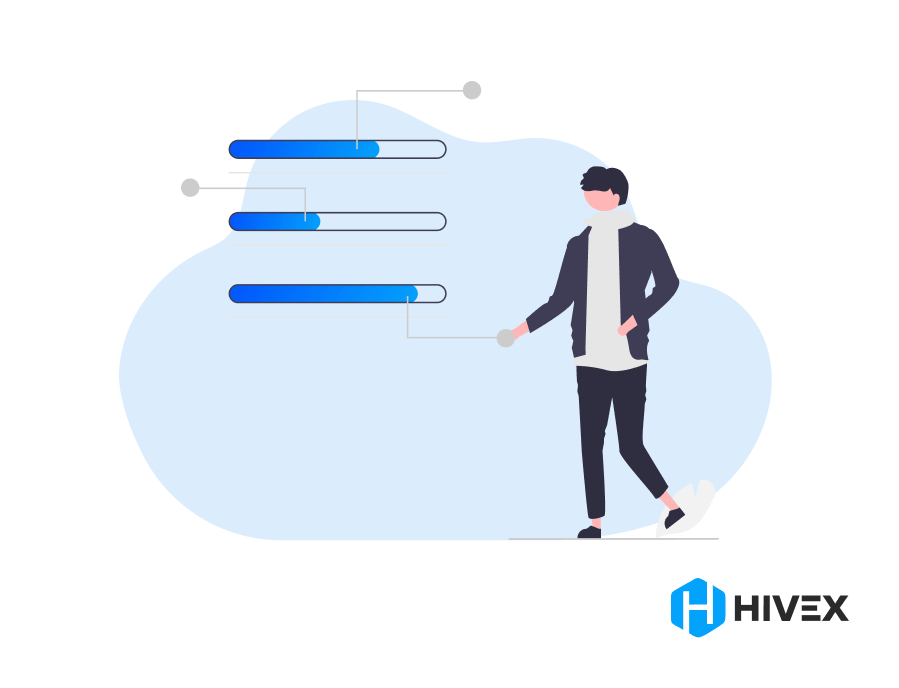
Becoming a proficient DeFi developer requires a blend of technical expertise and domain knowledge. Key skills include:
- Smart Contract Development: DeFi developers must be proficient in programming languages such as Solidity, Rust, and Python, used to write contracts on platforms like Ethereum.
- Blockchain Knowledge: A deep understanding of decentralized protocols, consensus mechanisms, and blockchain security is essential to ensure the integrity and efficiency of DeFi apps.
- Financial Know-how: DeFi developers need to grasp core financial concepts like lending, borrowing, trading, and risk management. This knowledge enables them to build robust and user-friendly financial products.
- Problem-solving Skills: DeFi development often involves overcoming complex challenges. Strong problem-solving skills and critical thinking are crucial for developers to create innovative solutions.
Let’s dive deeper into each of these skills:
Smart Contract Development
Smart contracts are self-executing contracts with the agreement terms directly written into the code. DeFi developers must know programming languages like Solidity and Rust to write secure and efficient contracts.
They need to understand concepts such as contract deployment, function calls, event handling, and error handling. Additionally, developers should be familiar with tools like Truffle and Remix to facilitate smart contract development and testing.
Blockchain Knowledge
To build a successful DeFi app, developers must have a deep understanding of different blockchain platforms and technology. This includes knowledge of decentralized protocols such as Ethereum, Polkadot, or the Binance Smart Chain.
They should be familiar with consensus mechanisms like proof-of-work (PoW), proof-of-stake (PoS), and delegated proof-of-stake (DPoS). Understanding blockchain security is crucial to preventing vulnerabilities and attacks, as well as ensuring user privacy and immutability.
Financial Know-how
DeFi engineers need a solid understanding of financial concepts and mechanisms. They should be well-versed in lending protocols, such as decentralized lending platforms and stablecoin issuance. Knowledge of borrowing mechanisms, such as collateralized loans and flash loans, is also essential.
Additionally, developers should understand trading mechanisms, including decentralized exchanges (DEXs) and automated market makers (AMMs). Risk management is another critical aspect, as developers need to design systems that mitigate potential risks and ensure user funds’ security.
Problem-solving Skills
DeFi development is not without its challenges. Developers must possess strong problem-solving skills to tackle complex issues that arise during the development process. They need to think critically and creatively to find innovative solutions to problems such as scalability, interoperability, and user experience.
Being able to analyze and debug code effectively is also crucial for identifying and resolving any issues that may arise.

What Does a DeFi Development Company Do?
A decentralized finance development company specializes in building and deploying customized DeFi solutions for businesses and individuals.
These companies possess a team of skilled developers, blockchain architects, and product managers who collaborate to create cutting-edge decentralized applications. Their services include:
- Smart Contract Development: DeFi development companies write secure and efficient smart contracts tailored to clients’ specific requirements.
- Audits and Security: With the ever-present threat of hacking and vulnerabilities, DeFi developers conduct rigorous security audits to identify and fix potential risks before deployment.
- Integration with External APIs and Oracles: DeFi apps often require real-world data feeds. Development companies seamlessly integrate external APIs and databases to ensure accurate and reliable data input.
- User Experience Design: DeFi development companies focus on creating intuitive user interfaces that simplify complex financial interactions, making DeFi accessible to a wider audience.
Comprehensive DeFi Development Services
DeFi development companies offer a wide range of services to cater to diverse client needs:
- DeFi Yield Farming Platforms: These platforms allow users to earn passive income by providing liquidity to various DEXs and lending platforms. In addition, yield farming is a popular way for crypto enthusiasts to maximize their returns.
- DeFi Token Development: Development companies create custom DeFi tokens that can be used for governance, stakes, or other utility purposes within a specific DeFi ecosystem.
- Decentralized Exchange (DEX) Development: DEXs enable users to trade cryptocurrencies directly, without relying on traditional centralized exchanges.
- Decentralized Lending and Borrowing Platforms: These DeFi platforms enable users to lend or borrow digital assets directly, without intermediaries.
How DeFi Development Works
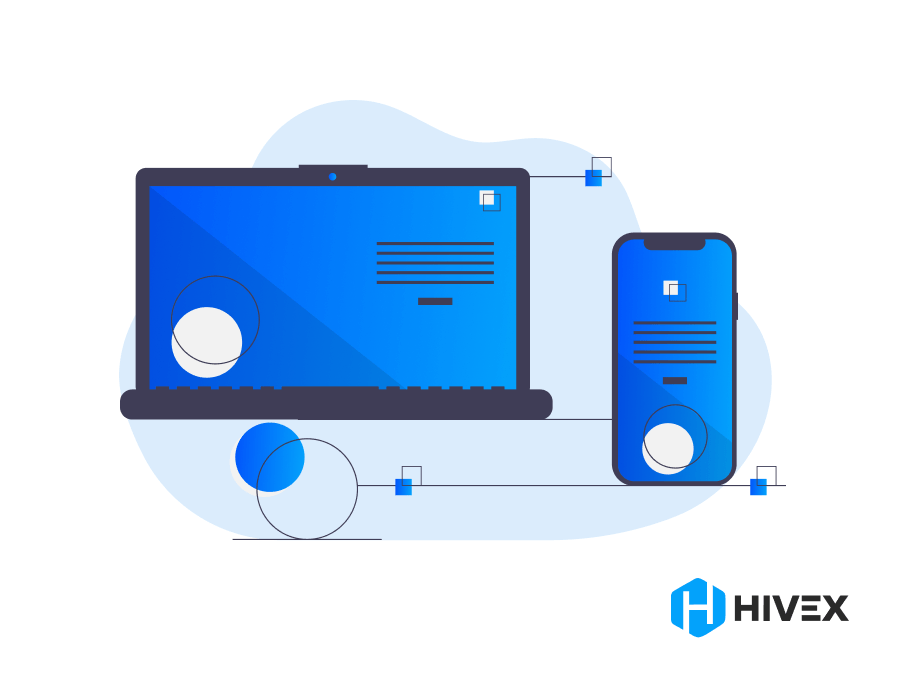
DeFi development process involves a systematic approach that starts with ideation and ends with deployment.
Here is a simplified overview:
- Ideation and Requirement Gathering: Developers work closely with clients to gather project requirements, define goals, and identify potential challenges.
- Design and Architecture: This stage involves creating a blueprint for the DeFi application, including wireframes, system architecture, and user experience design.
- Smart Contract Development: DeFi developers write and test smart contracts using programming languages like Solidity. These contracts define the rules and logic of the application.
- Integration and Testing: Developers integrate various components of the application, such as external APIs, databases, and user interfaces. Rigorous testing ensures functionality and security.
- Auditing and Optimization: External audits are conducted to identify vulnerabilities and improve the overall security and efficiency of the application.
- Deployment and Maintenance: Once development is complete, the application is deployed on the blockchain. Regular maintenance ensures smooth operations and updates to adapt to changing market dynamics.
DeFi vs Traditional Financial Systems
DeFi’s disruptive nature lies in its fundamental differences from traditional financial systems. Here are some key differentiators:
- Transparency: DeFi operates on a public blockchain, meaning all transactions and data are visible and verifiable by anyone.
- Accessibility: DeFi services are open to anyone with an internet connection, removing geographical barriers and eliminating the need for intermediaries like banks.
- Permissionless: DeFi protocols do not require users to go through a cumbersome registration or approval process. Anyone can use DeFi apps, provided they have a compatible wallet.
- Greater Control: With DeFi, individuals have full control over their funds and can participate in various financial activities without relying on intermediaries.
- Innovation: DeFi is a hotbed for innovation, with developers constantly introducing new concepts and financial solutions that challenge traditional norms.
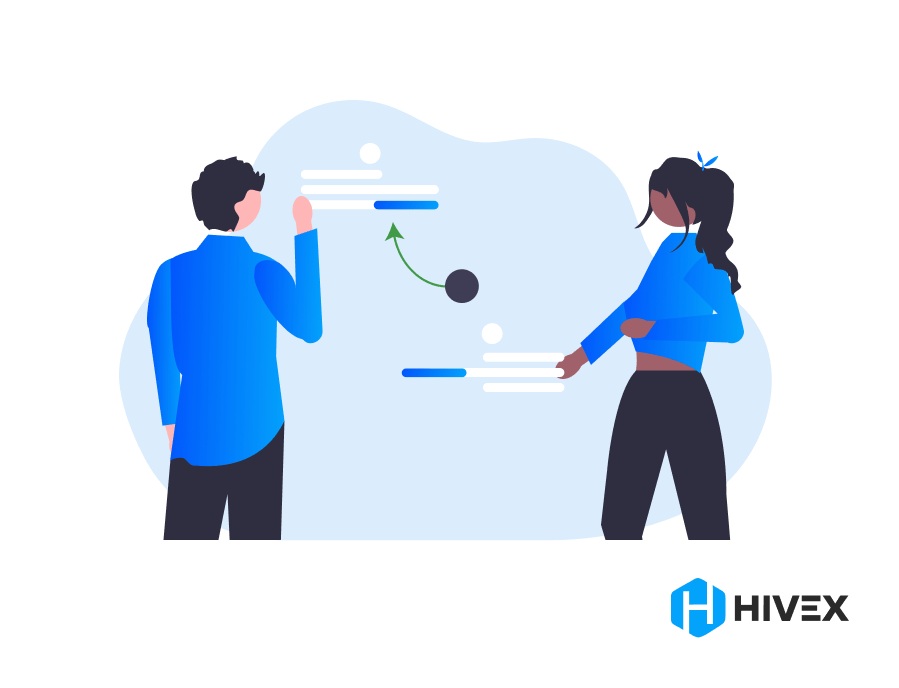
DeFi Lending Platform and its Components
DeFi lending platforms play a crucial role in the decentralized finance ecosystem, providing users with opportunities to earn interest on their digital assets or borrow funds. These platforms comprise several key components:
- Collateral: Users provide collateral, usually in the form of digital assets, to secure loans or earn interest.
- Smart Contracts: Smart contracts determine the loan terms and conditions, including interest rates, repayment schedules, and collateral requirements.
- Liquidity Pools: DeFi lending platforms pool user funds to provide liquidity for borrowers and distribute interest payments to lenders.
- Interest Models: Different platforms implement various interest models, such as fixed income or algorithmic-based interest rates.
The Impact of DeFi Developers on the Financial Sector
DeFi engineers have been at the forefront of disruptive innovations within the financial sector. By leveraging blockchain technology, they have introduced novel financial services and transformed traditional processes.
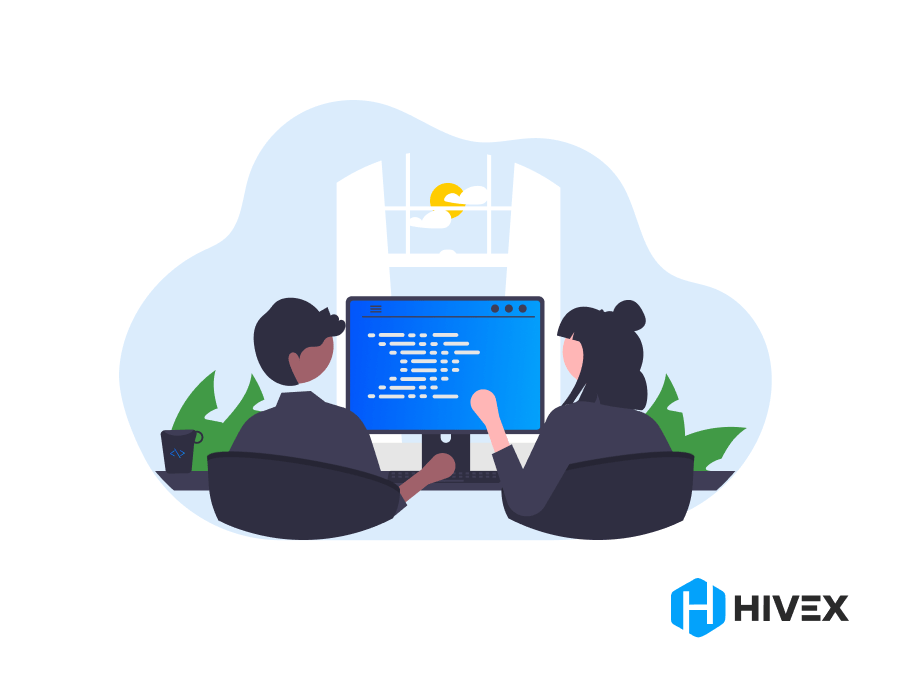
Some of the key innovations brought by DeFi professionals include:
Innovations Brought by DeFi Developers
- Lending and borrowing platforms: DeFi developers have created decentralized lending and borrowing platforms that allow individuals to lend their crypto assets and earn interest, or borrow assets by leveraging their existing holdings as collateral.
- Decentralized exchanges: Traditional centralized exchanges are prone to hacks and manipulation. DeFi developers have introduced DEXs that allow peer-to-peer trading without intermediaries, ensuring increased security and control over assets.
- Automated market makers: These innovative protocols, developed by DeFi developers, enable liquidity provision through automated trading algorithms, eliminating the need for traditional order books. This has revolutionized liquidity provision and price discovery within the DeFi ecosystem.
Challenges Faced by DeFi Developers
Despite groundbreaking innovations, DeFi development is not without its challenges. One of the significant challenges faced by DeFi developers is scalability.
As the number of users and transactions within the decentralized finance ecosystem increases, scalability becomes a critical concern.
Moreover, ensuring the security and reliability of smart contracts is of the utmost importance, as any vulnerability can potentially lead to substantial financial losses.
The Future of DeFi Development
The future of DeFi development is undoubtedly bright. As more individuals and businesses recognize the benefits of decentralized finance, demand for DeFi engineers will continue to surge.
Technological advancements, such as layer 2 solutions and interoperability between different blockchains, will further enhance the capabilities of DeFi applications. Collaboration between developers, regulators, and traditional financial institutions will also play a pivotal role in shaping the future landscape of DeFi development.
In conclusion, DeFi developers play a crucial role in decentralized finance growth and adoption. Their skills, knowledge, and ingenuity enable the creation of revolutionary financial products and services that democratize access to the global financial ecosystem.
As the decentralized finance ecosystem expands, opportunities abound for developers to make their mark on this groundbreaking industry. With the right blend of technical aptitude, financial acumen, and problem-solving skills, aspiring developers can embark on an exciting journey into the world of DeFi development.
